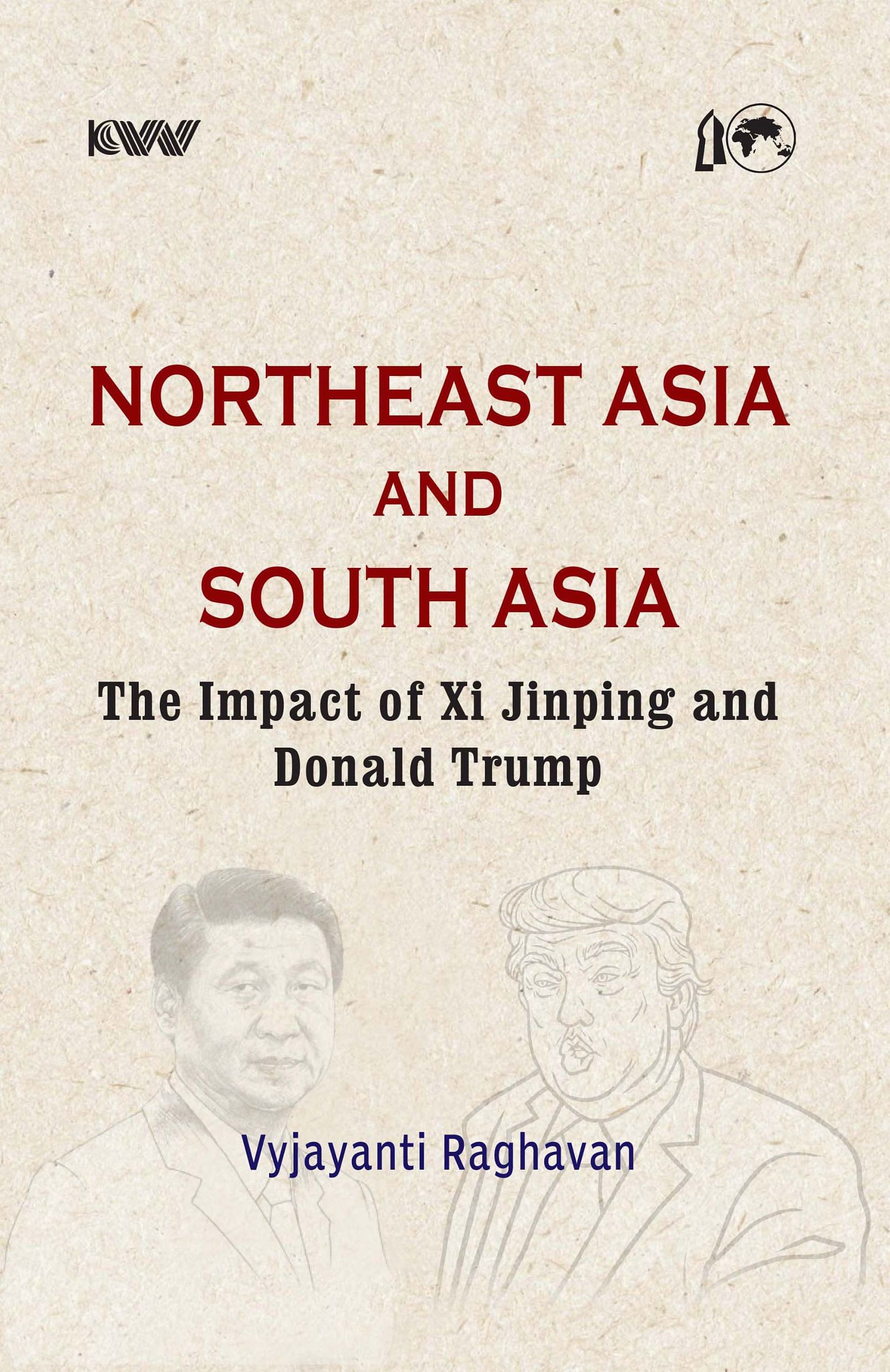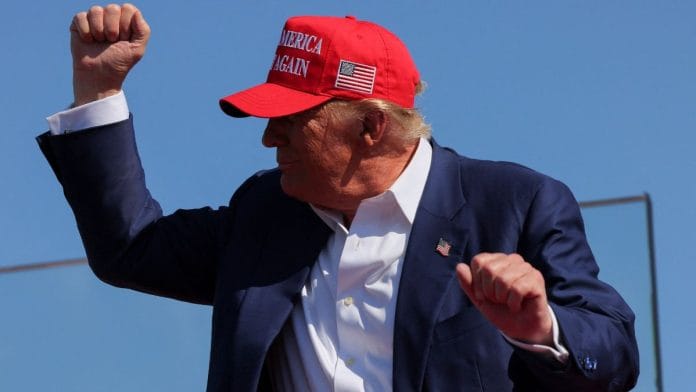Trump had also identified Pakistan as a country that provided a safe haven to terrorists. He found both Afghanistan and Pakistan a challenge in this regard. He called it a region with the highest concentration of terrorist camps. The problem with the US-Pakistan relations has always been that they have hardly shared a common vision. While Pakistan found it necessary to align with the US for strategic security against India, the US needed Pakistan to either counter the terrorists in the region or to counter Soviet Union’s insurgency in Afghanistan and earlier, during the Cold War period, to have an alliance in the region.
Trump was naive when he tried applying a soft coercive diplomacy tactic while reminding Pakistan of the cordial relations the two countries had had in the past. He also reminded Pakistan of all the financial aid it had received from the US. He expressed disappointment at Pakistan not having done enough to fight terrorism on its soil, despite the US having been the major victim of terrorist attacks. It was, again, very naïve of him to have sounded threatening when he said that things would have to change immediately. He was soon to realise that regardless of what Pakistan did, the US would continue to need it for its access to Afghanistan. In fact, with the growing links between China and Pakistan, no US government will be able to realistically ignore Pakistan.
The fear that any coercion on the part of the US may force Pakistan to veer towards China and make it rework a favourable term under the China-Pakistan Economic Corridor is a real one. Pakistan, like many other smaller nations, is playing this card very well and this has become a new challenge for the US now. Pakistan’s logistic positioning in the region is very advantageous to it.
Trump’s impatience, at times, with Pakistan is justifiable. It is not a small sum of money that Pakistan had received as a Coalition Support Fund from the US, under the Charities Aid Foundation (CAF). The CAF is part of the US defence budget and is spent on reimbursing coalition partners for the money spent by them on logistic and military support to US military operations. Between the years 2012 and 2016, Pakistan had received nearly US$ 4.6 billion and the funding was then stopped from 2017 (Ward, 2019). But, for reasons stated above, the US was unable to put the kind of pressure on Pakistan that, at least, India was hoping for.
India had been hopeful when the Financial Action Task Force (FATF) imposed the 27-point action plan on Pakistan in 2018. This had been imposed precisely because of its record of terror-financing and money laundering. But, the US ended up dragging its feet because of the ongoing involvement of Pakistan in the US-Taliban talks. The US appeared to be in no hurry to enforce the deadline of September 2019 set by the FATF. It was finally taken off the list only in October 2022.
In this regard, the US has been as soft on Pakistan as China has been on North Korea. Neither of the two big powers have a choice as they both need the smaller nations. For a long time, the US had merely greylisted the country when India was hoping for more stringent actions against it by having it blacklisted. This kind of ambivalent relationship of the US with Pakistan was, perhaps, what made India skeptical of the US and prevented the India-US relations from becoming robust. The equations, however, have now changed, with India moving on to becoming a major emerging power and Pakistan being caught up in its domestic political problems.
That said, there were some concrete steps that Trump took to achieve his objective of neutralising ISIS and Al-Qaeda and its offshoots. He lifted the restrictions on the armed forces and empowered them to judge the situation and take action in the field. This, too, was a major deviation from the past. He had transferred a major chunk of the power from the White House to the Pentagon. He was also clear that, towards this end, he was going to ensure that NATO and the other allies of the US would contribute equally and share the burden. He had boosted the morale of the military by this decision and also with his promises of enhancing the military budget within the country.
Trump was hoping to walk into the fresh elections in November 2020 with a sound foreign policy victory, firstly, of extricating America from its longest war in Afghanistan and secondly, solving North Korea’s nuclear problem. He could not complete the first task and left it to the new Biden administration to see it through. As for the North Korean nuclear issue, no solution is still in sight. It would seem that both Kim Jong-Un and Trump had lost out on a good opportunity for some resolution of the issue. Had even one of these two things been achieved, Trump could have expected to win the presidential elections because these were both groundbreaking issues. But, that did not happen.
 This excerpt from Northeast Asia and South Asia: The Impact of Xi Jinping and Donald Trump by Vyjayanti Raghavan has been published with permission from KW Publishers and ICWA.
This excerpt from Northeast Asia and South Asia: The Impact of Xi Jinping and Donald Trump by Vyjayanti Raghavan has been published with permission from KW Publishers and ICWA.






